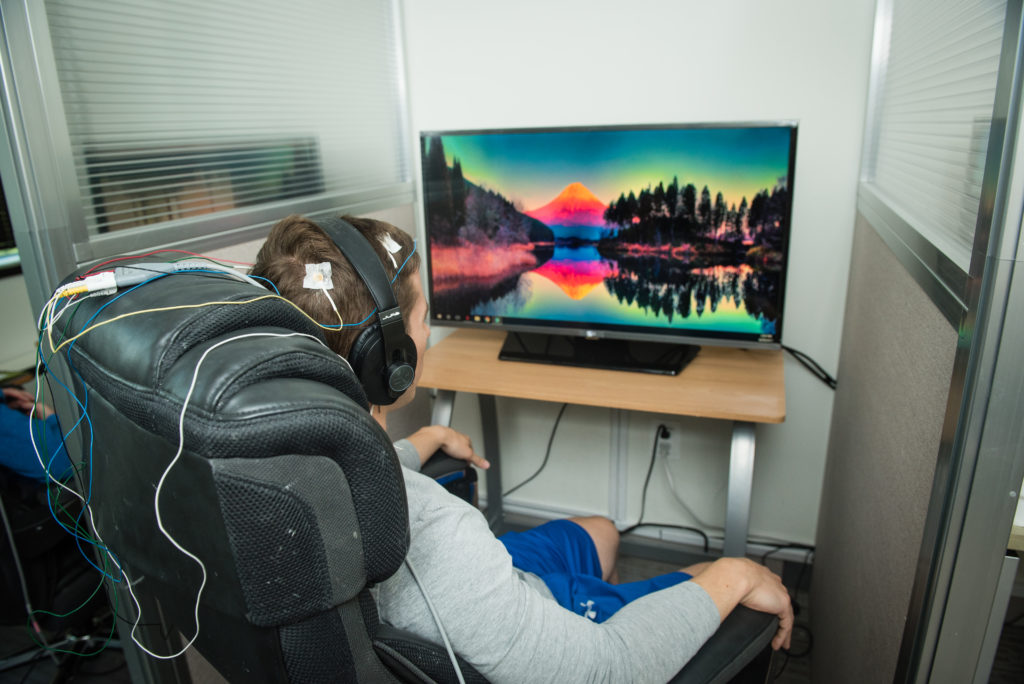Revealing the Secrets of the Mind Through Quantitative EEG Brain Mapping Techniques in Mental Health Evaluation
Revealing the Secrets of the Mind Through Quantitative EEG Brain Mapping Techniques in Mental Health Evaluation
Blog Article
Understanding the human brain is a challenging task, especially when it comes to mental health. Conventional approaches of evaluation often rely on interviews and surveys, which can occasionally miss important aspects about how the mind operates. This is where qEEG electroencephalography, or qEEG, comes into the picture. qEEG is a specialized method that assesses electrical activity in the cerebrum. By examining these brainwaves, psychological health experts can obtain important insights into a person's mental condition, helping to improve assessment and intervention.
qEEG works by placing small sensors on the scalp to capture neural activity. These electrodes measure electrical impulses produced by nerve cells, the cells in the brain that interact with one another. The data gathered is then analyzed and displayed as a series of patterns. Each kind of neural wave—such as alpha, beta, δ, and θ—corresponds to various psychological states and activities. For instance, alpha waves are commonly associated with relaxation, while beta oscillations are associated to active cognition and issue resolution. By analyzing these trends, healthcare providers can identify abnormalities that may suggest mental health concerns.
One of the major advantages of qEEG is its capability to offer unbiased data. Unlike traditional evaluations that depend on personal accounts from patients, qEEG offers a clear picture of neural activity. This clarity can assist reduce biases in diagnosis and lead to more accurate intervention strategies. For example, if a client is facing anxiety, qEEG can reveal specific patterns of webpage brain activity that are linked with stress conditions. This information allows mental health experts to customize interventions more effectively, whether through therapy, medication, or alternative approaches.
Additionally, qEEG can be especially beneficial in tracking intervention advancement. By performing qEEG evaluations at different points during treatment, healthcare providers can monitor variations in neural function over period. This continuous assessment assists ascertain whether a treatment is effective or if adjustments are needed. For example, if a patient is not responding to a particular medication, qEEG may show that their brain activity has not changed in a way that suggests progress. This feedback loop can result to more personalized and effective mental health care.
In conclusion, qEEG cerebral mapping is a powerful tool in the field of mental health assessment. By providing objective data about brain activity, it improves the understanding of various mental health conditions. This technique not only aids in accurate diagnosis but also helps in tracking intervention success. As psychological health experts persist to investigate the potential of qEEG, it possesses potential for improving the lives of individuals dealing with psychological health issues. With ongoing research and progress in techniques, the mysteries of the mind may become clearer, resulting to better results for those in requirement of assistance.